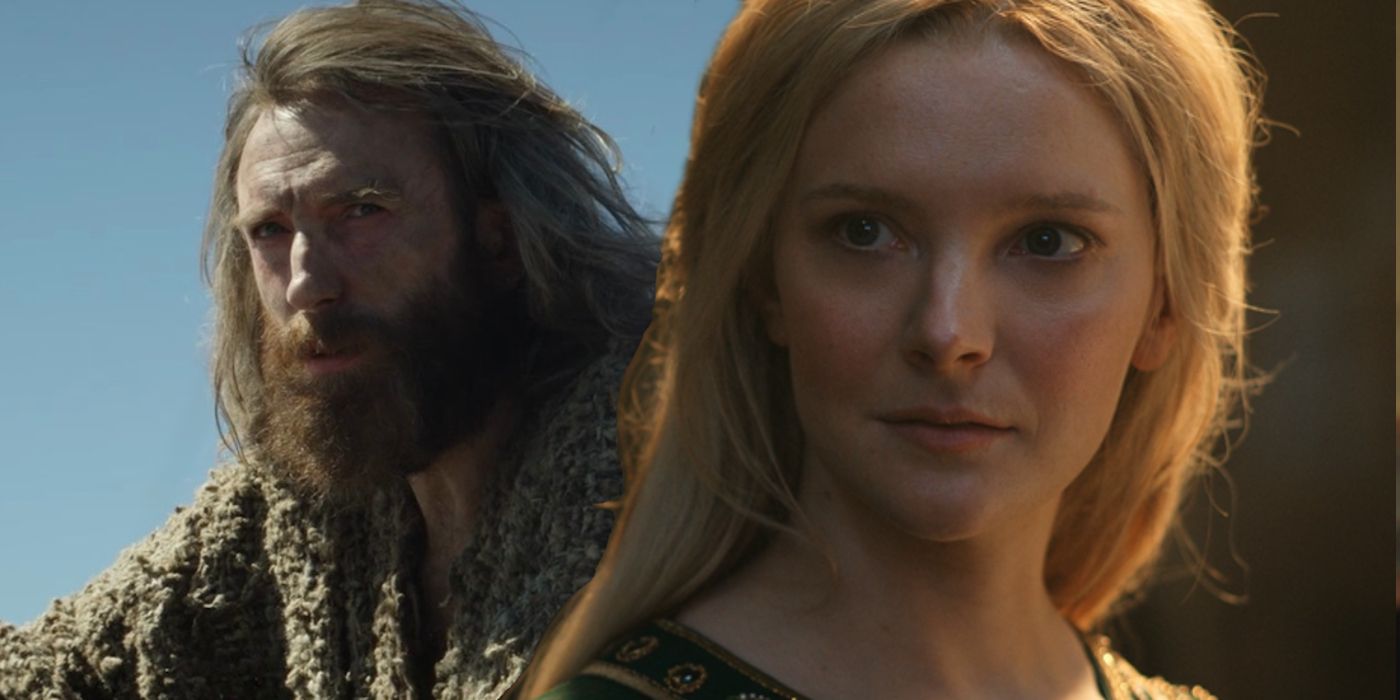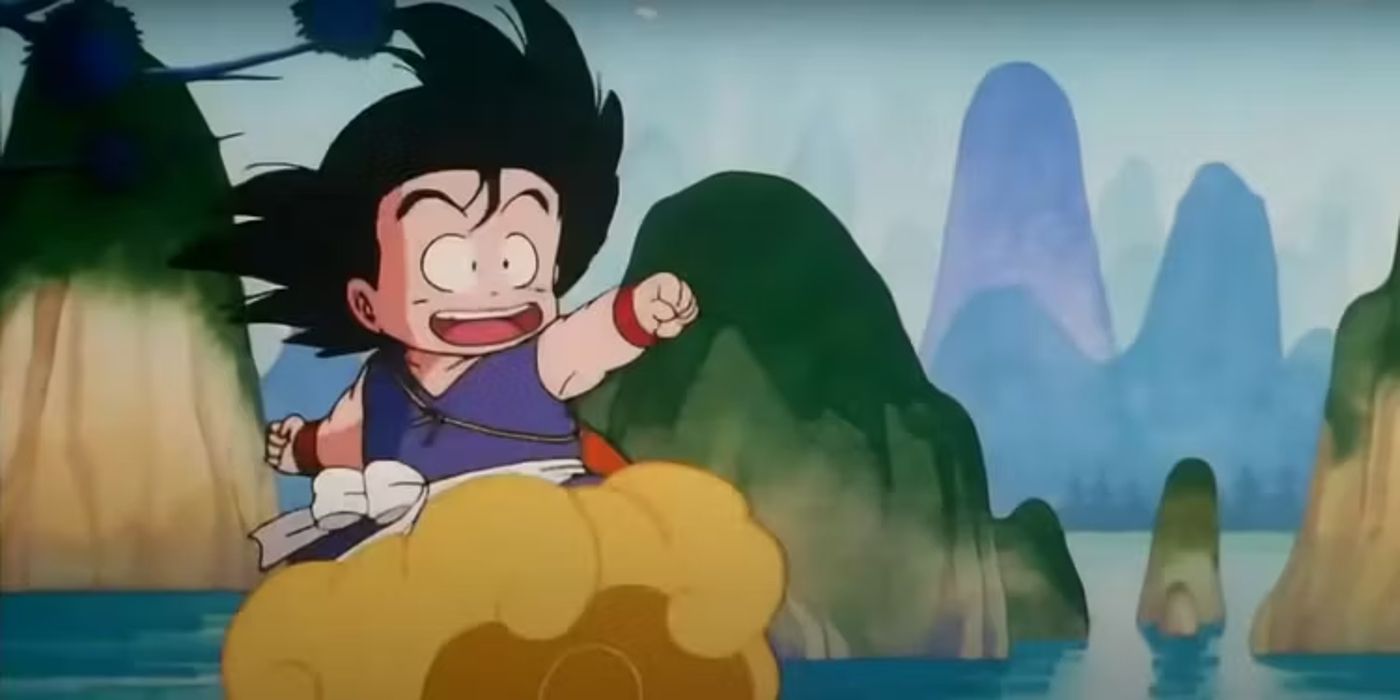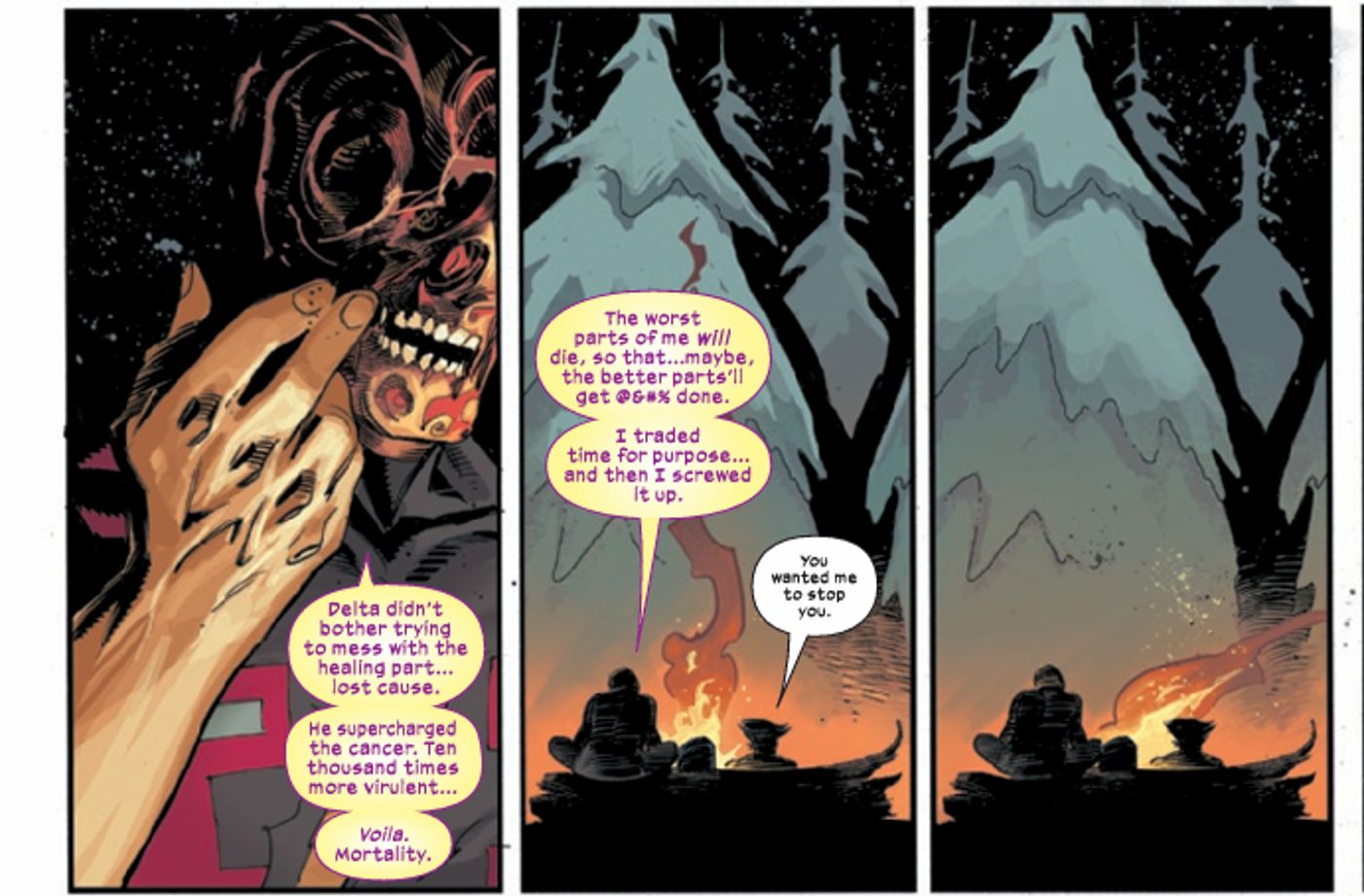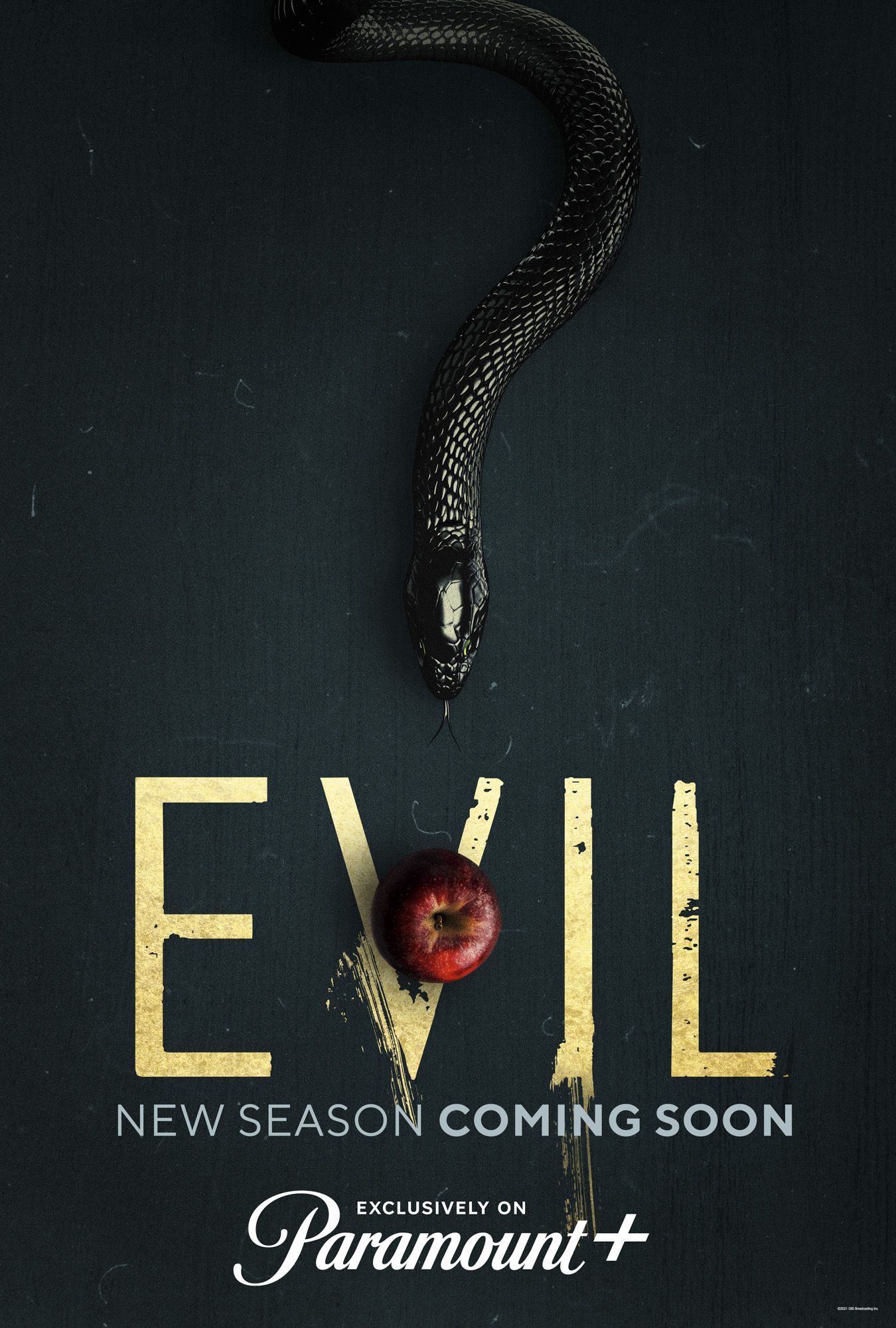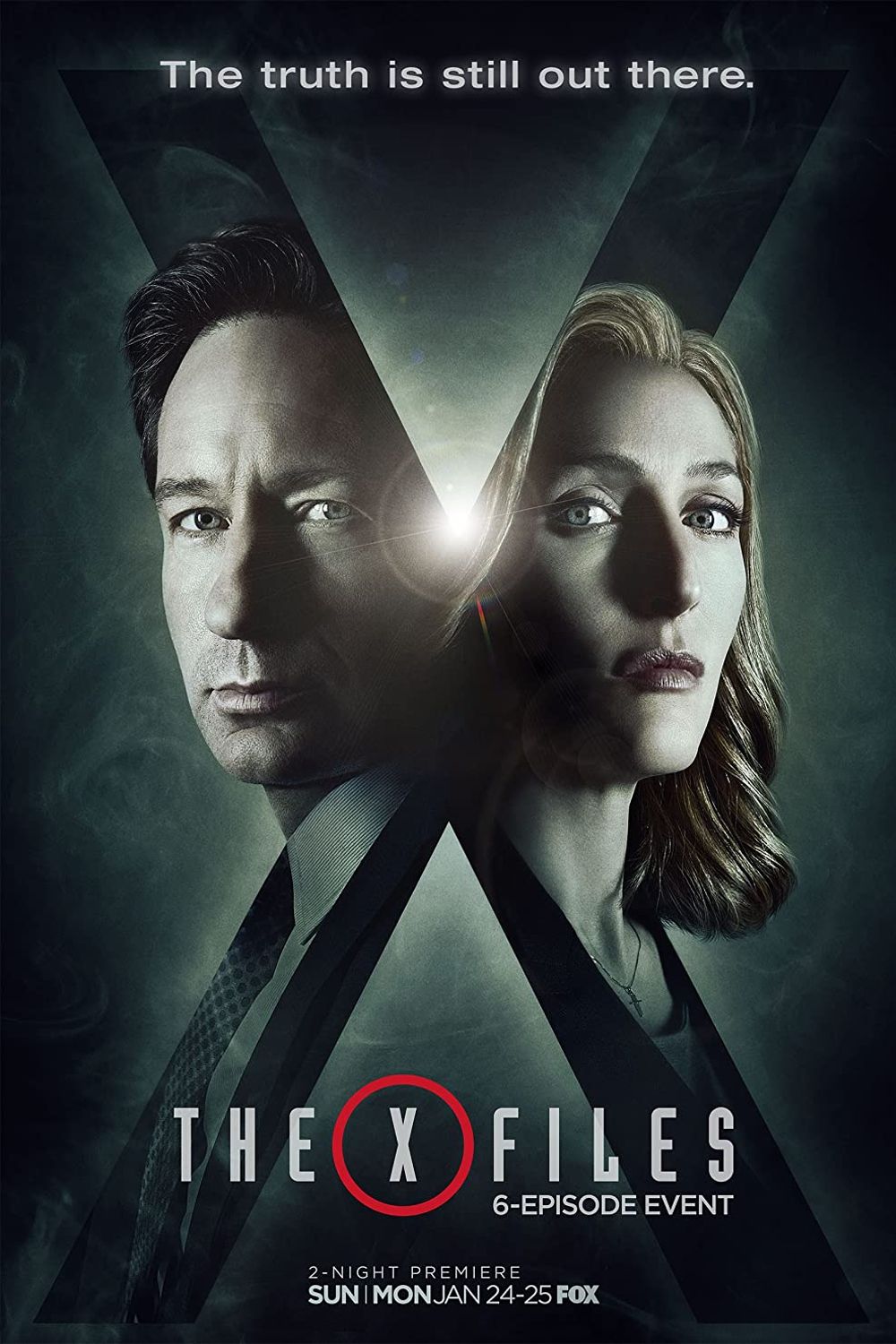The Twilight Zone is one of the most enduring, thought-provoking, creative pieces of fiction ever made. Rod Serling, the series’ creator and charismatic narrator, was deeply insightful about society and the human condition. Consequently, Serling chose to explore moral ambiguity, inherent flaws of the mind, and more. Incorporating creative, easily digestible science-fiction, rendered such themes suitable for programming of the time.
It welcomed the masses to think critically while being equally entertained. Serling wrote many of the episodes himself—which remains one of the greatest screenwriting feats ever achieved. Every new incarnation of The Twilight Zone proves the original’s superiority. Let’s review how IMDb users ranked the best and worst of that iconic, imaginative, and revelatory show.
Worst: Black Leather Jackets
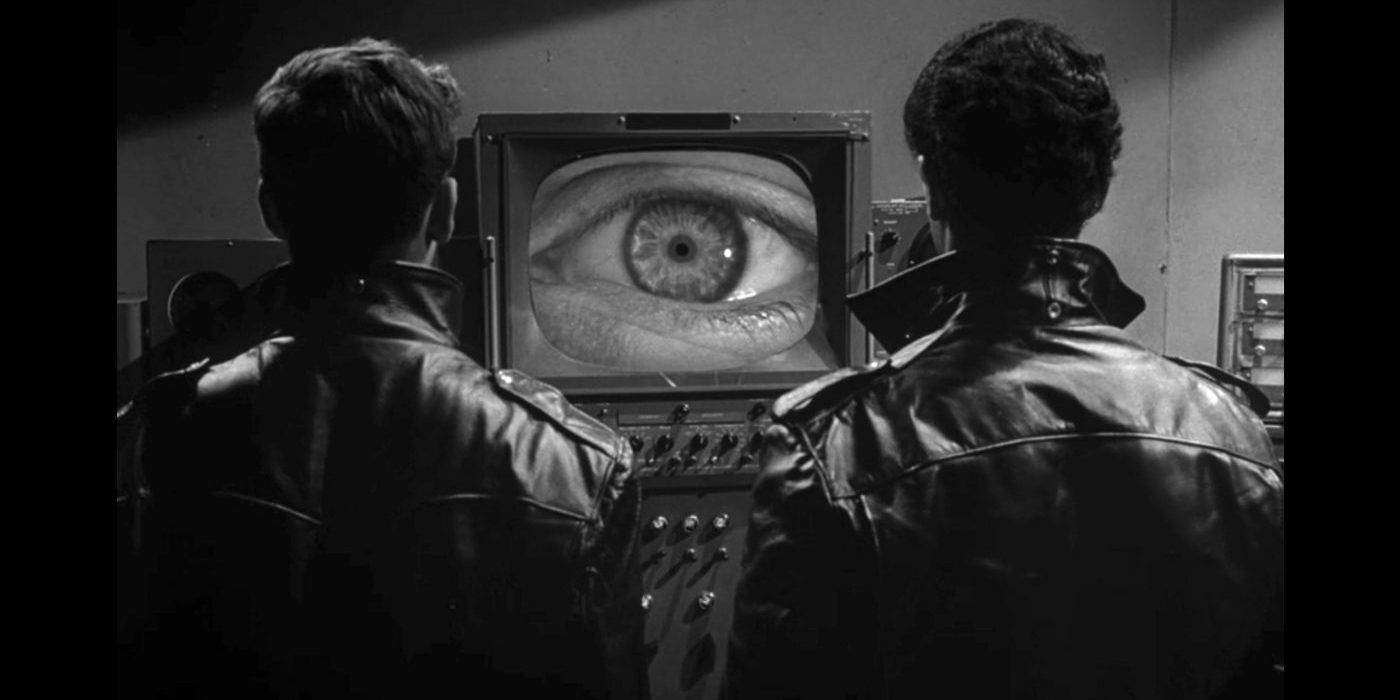
It’s quite understandable that this episode resulted in such a low IMDb rating, given the silly tone and concept. The story involves aliens in leather jackets, who plot to invade Earth, using lethal bacteria. One of them even falls for a local girl. Essentially, this plot is exactly the kind of schlock that earned science-fiction a poor reputation. Resorting to an archetype like leather-clad young men, threatening at the time, is needlessly tacky. It certainly dated poorly. However, the episode is particularly a major letdown to fans because of the pre-established quality we came to expect. This is the case for every lesser ranking. Weaker stories contradict the otherwise consistently superior tone and intelligent writing.
Best: The Monsters Are Due on Maple Street
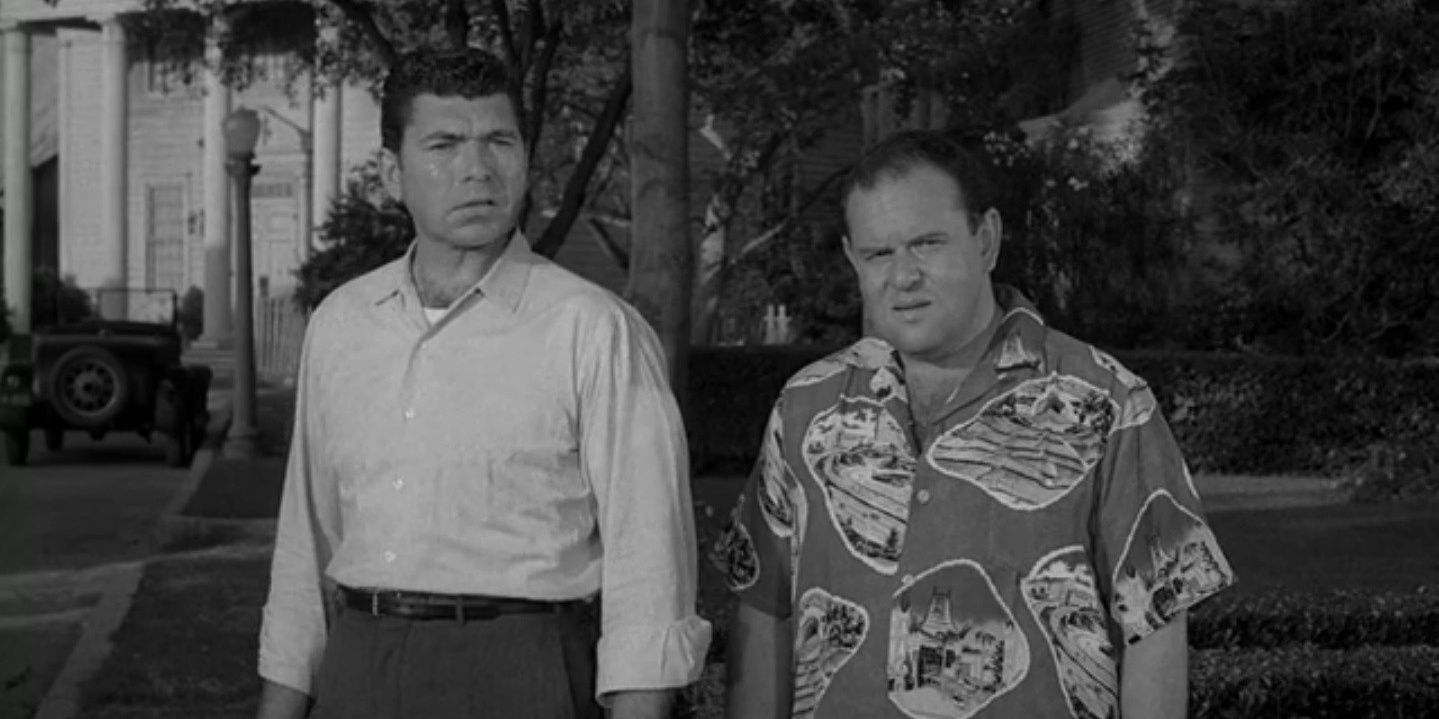
This is probably the definitive episode of the series, incorporating everything that fans cherish in one tidy package. Utilizing elements of science-fiction and horror, terrific actors bring a flawless script to life that explores our need for scapegoats. Schools frequently play this episode for good reason. In the story, aliens have discovered that it is easier to let humans destroy themselves.
They do not germinate our suspicion or fear, but simply incite it to the surface. The irony of our self-destructive habits is, tragically, ubiquitously understood. And yet it does not change. But with stories like this classic episode, audiences were also meant to learn how to recognize the cost.
Worst: The Mighty Casey
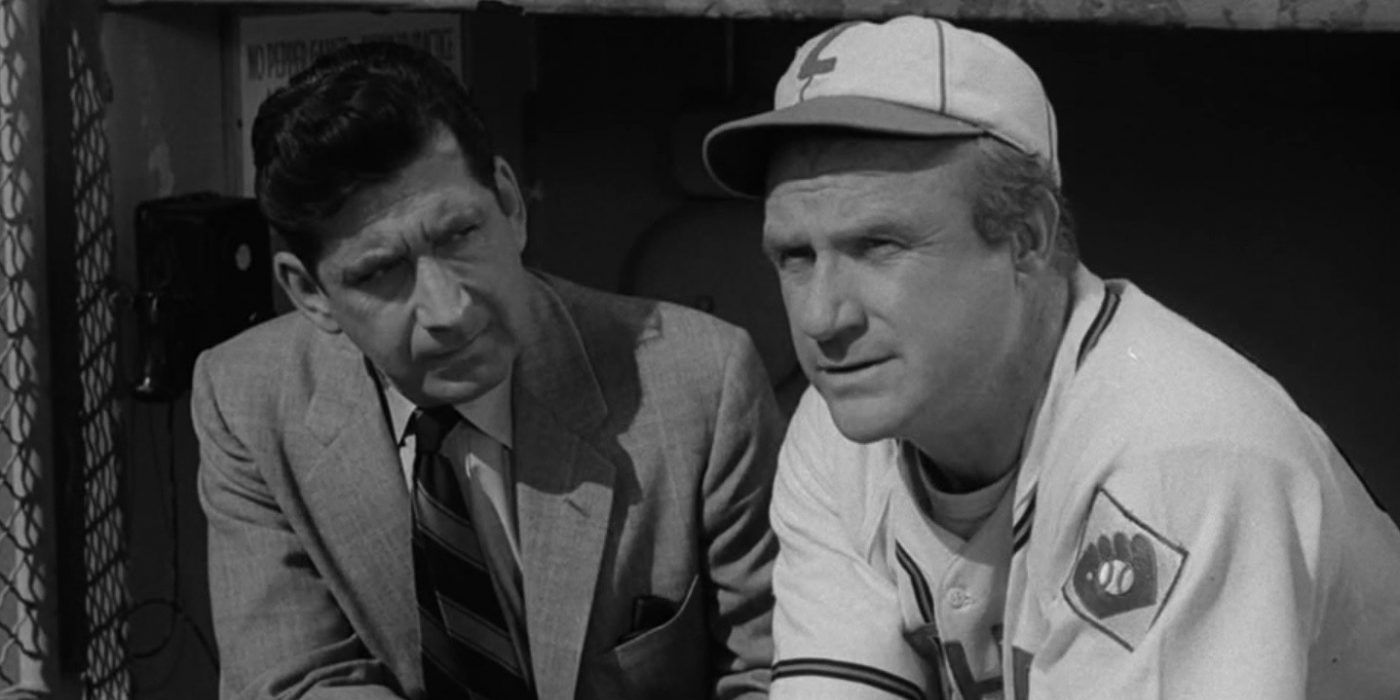
Fans didn’t necessarily respond very well to the more lighthearted episodes of this show. This story was about a robot baseball player, and so the stakes are very low. However, the tone is completely intentional. As a result, it doesn’t explore artificial intelligence, athletics, or even develop an actual point. The signature ironic twist is simply played for laughs, as with everything else. Ultimately, this episode just doesn’t feel on-brand. Particularly when the show probably could have mined the premise for more intriguing substance. However, it’s one for the baseball fans out there, and an intriguing experiment in lightheartedness.
Best: Time Enough at Last
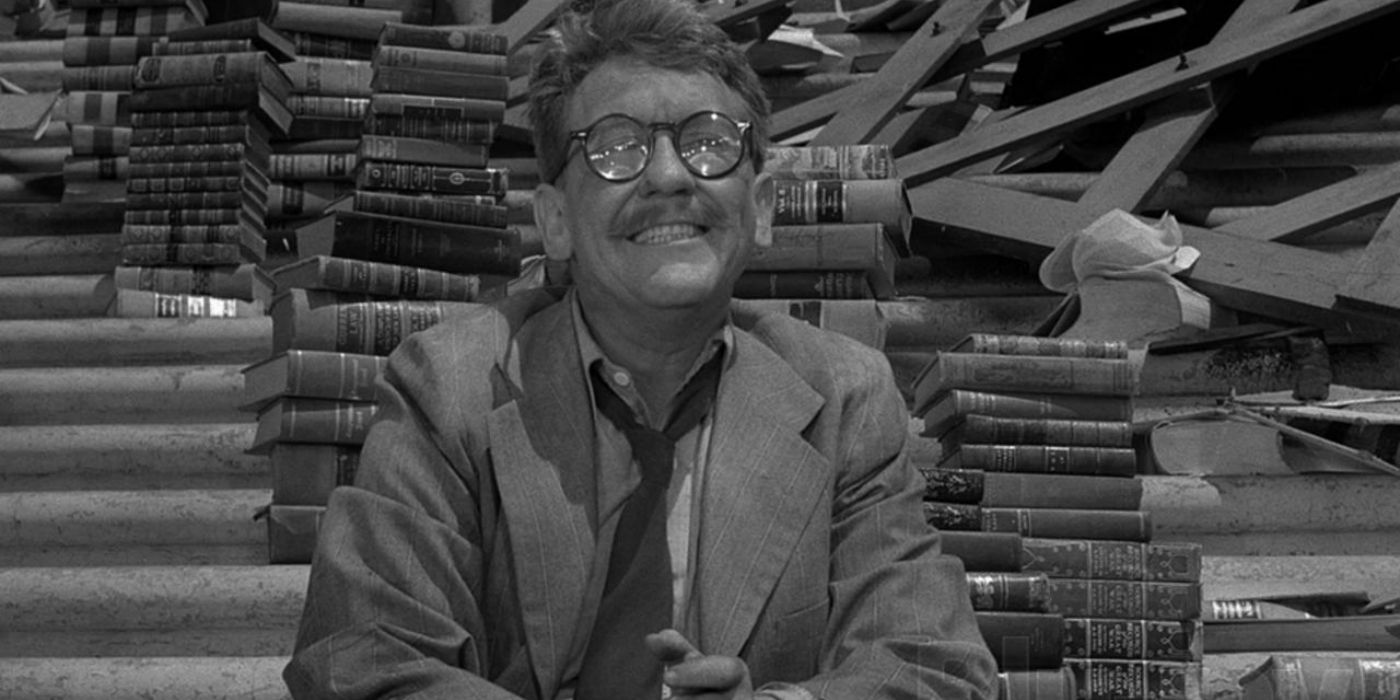
This is one of the most heartbreaking episodes of all. The story develops such a sympathetic, relatable, docile protagonist and then utterly crushes him. In this episode, a man who is denied a passion for reading accidentally survives a nuclear war. Finally alone with his books, his glasses break with merciless irony. Perhaps it’s a study on the pursuit of our dreams, and how everyday responsibilities or relationships might feel oppressive. And possibly, how we shouldn’t place a value on fantasy more so than the real world. Or, maybe it’s literally about how a ferocious reality with such war consistently destroys our innocence and ability to learn. Either way, we all have dreams, and the story is definitely filled with thought-provoking material.
Worst: The Bard
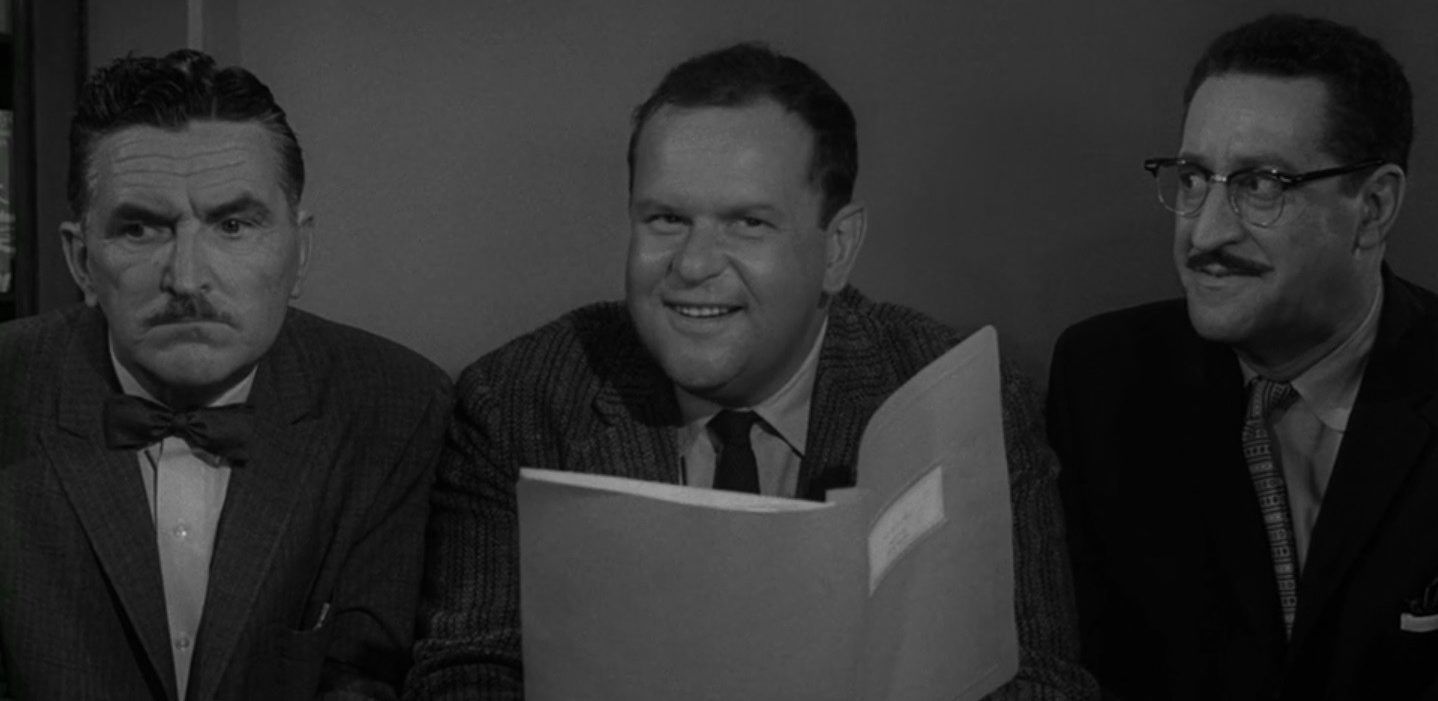
Once again, comedy spells doom for the series. This premise involves an awful writer, who uses black magic to summon Shakespeare. He eventually summons a great deal of famous historical figures. But The Twilight Zone was never meant to have the same ideas or tone as Bill & Ted’s Excellent Adventure.
This episode has silly performances and music. If played with a more Wilde sensibility, perhaps the premise could have offered some meta jokes about Serling’s relationship with the network. It might even take a course less traveled. The iconic originality of this show is basically absent here, and fans wouldn’t be satisfied. Certainly not after four seasons, which provided some of the greatest gems television had to offer.
Best: To Serve Man
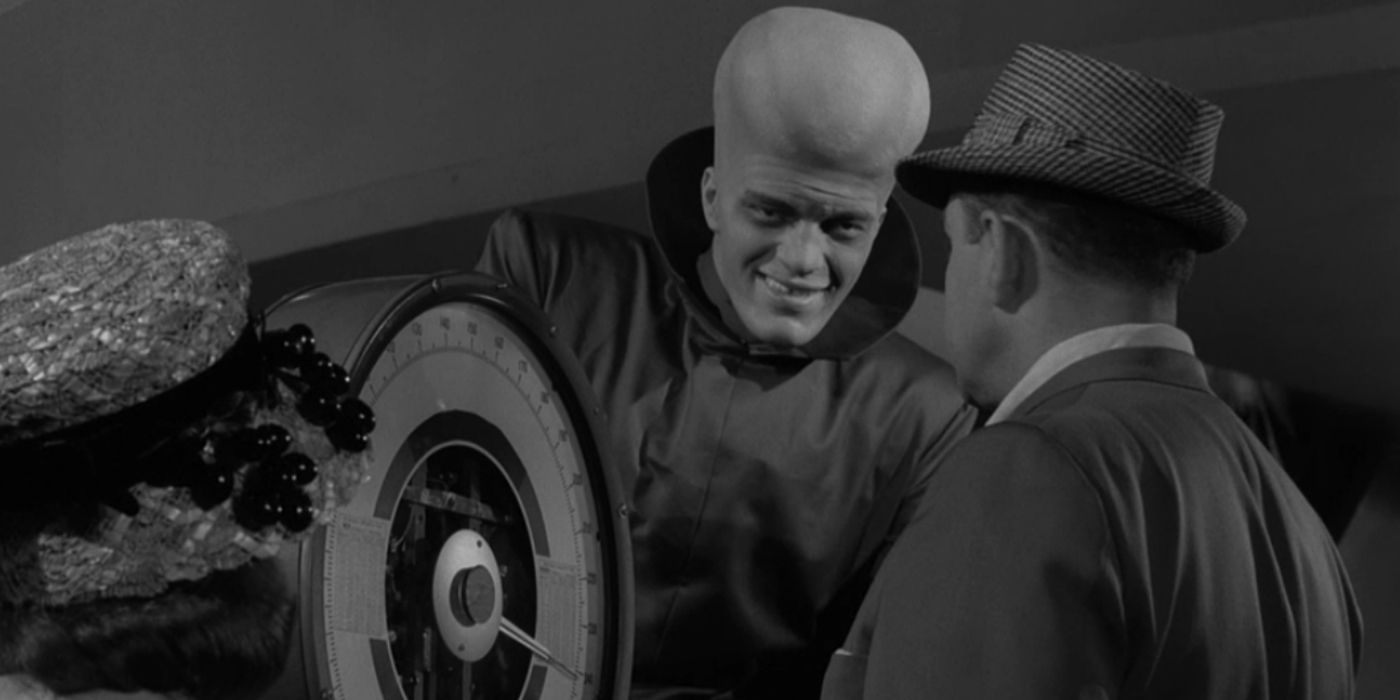
Given the heavy amount of special effects, this episode could have easily been a blight on the show. Visually realizing an alien back then predominantly resulted in silliness. There was no Stan Winston wizardry to save the day. However, the plot is very clever indeed. A group of aliens visit Earth, and feign global friendliness. Unfortunately, the arrogance of humankind restricts us from seeing the truth of the aliens’ insidious intent. The hubris of humans is low-hanging fruit. But with just a simple play on words, this episode proved how witty and terrifying The Twilight Zone could really be.
Worst: Sounds and Silences
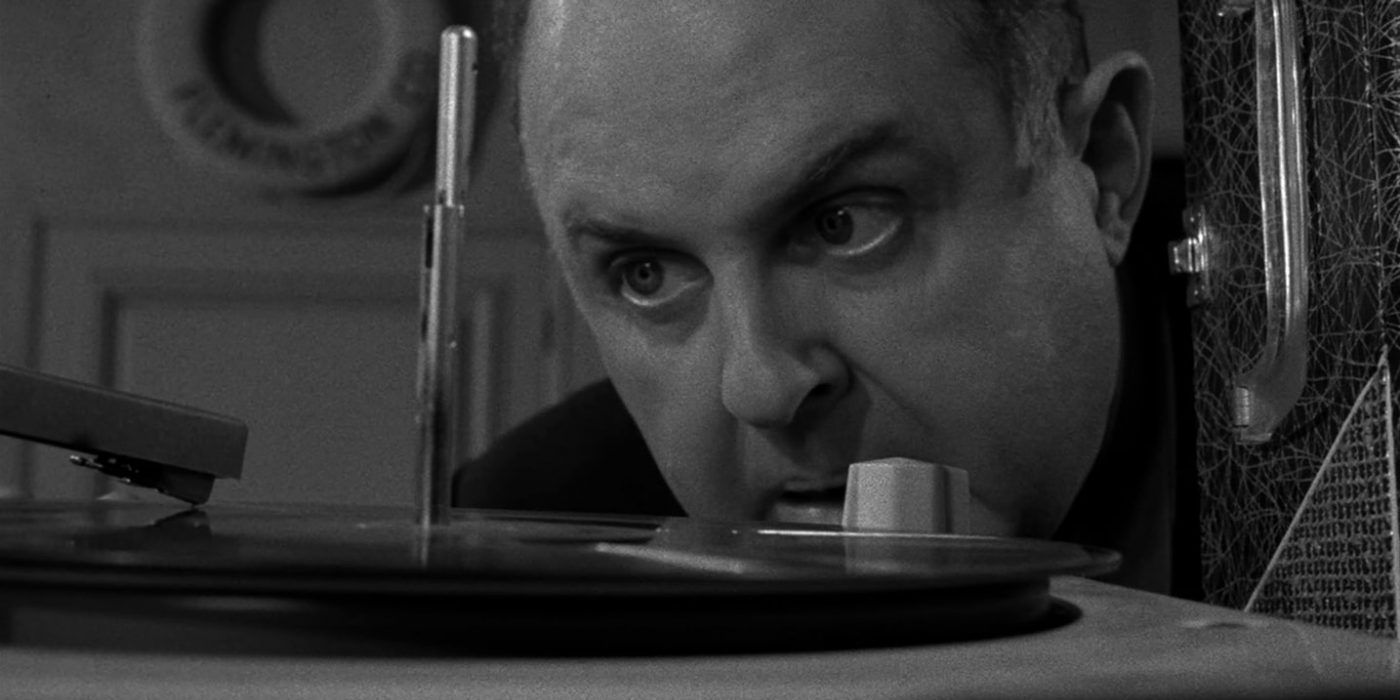
Richard Donner is a very talented director, known best for The Omen, Superman, and Lethal Weapon. But long before these wild successes, he actually directed six episodes of Serling’s iconic series. What’s fascinating is that Donner directed both the highest-rated episode of the series and one of its lowest-rated stories. This strange episode is about a man that enjoys loudness, even at the expense of others. It’s simply a tremendously preposterous premise. This show often revels in lessons learned the hard way, and unlikely but satisfying comeuppance. The episode has quality performances and design, but it can’t overcome the weak, compromising plot.
Best: Eye of the Beholder
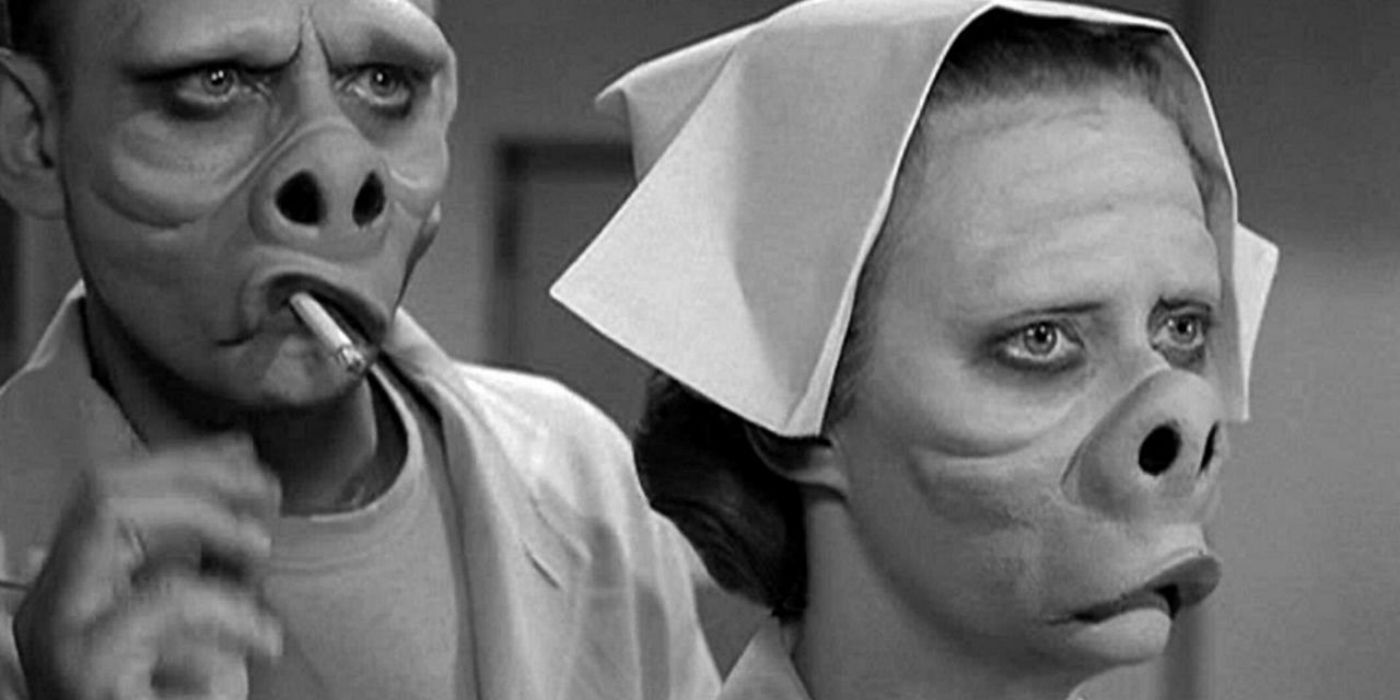
It is truly incredible how much substance is packed into this episode. It’s certainly a clear allegory for society’s warped preconceptions of beauty. The twist of this episode, revealing a conventionally attractive woman, is exactly the kind of blunt strike that audiences needed.
And at the same time, the meticulous, effective camerawork throughout sustains a surreal aura of mystery. But a story’s themes are best digested with nuance. Aspects here or there also dig into the negative effects of segregation, and governmental oppression. This episode perfectly combines entertainment value and informative, topical storytelling that will be forever timeless.
Worst: Cavender Is Coming
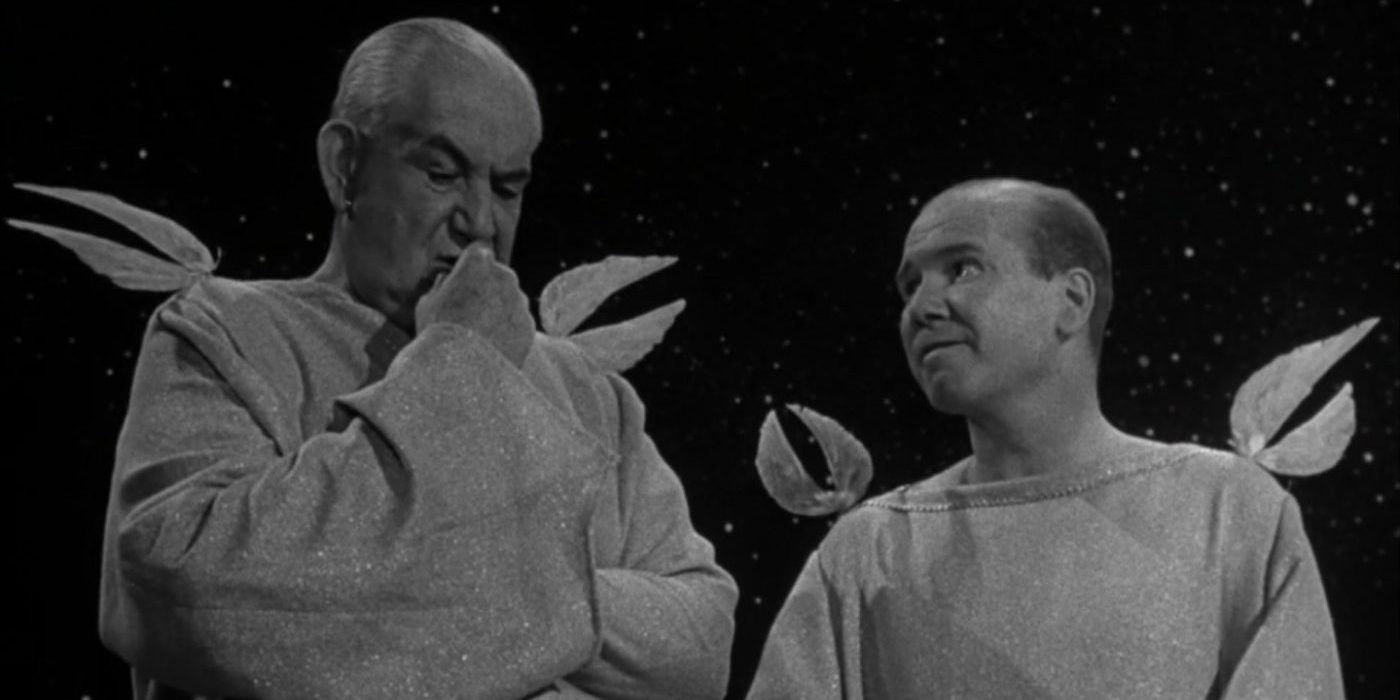
Perhaps we can lay the blame for this episode on its intent. It was actually meant to be the pilot for a completely new show. It’s very difficult to imagine The Twilight Zone being an agent for a separate series. But the comedic tone is uniquely unbecoming, considering Serling’s other work. The story involves an angel trying to earn their wings by helping a bumbling woman become happy. It has nothing to say and doesn’t provide any laughs. So, it falls short in being either a proper addition to the series or beginning a new one. The episode is actually a recycled story from season one. This suggests that Serling wasn’t even interested in writing it to begin with.
Best: Nightmare at 20,000 Feet
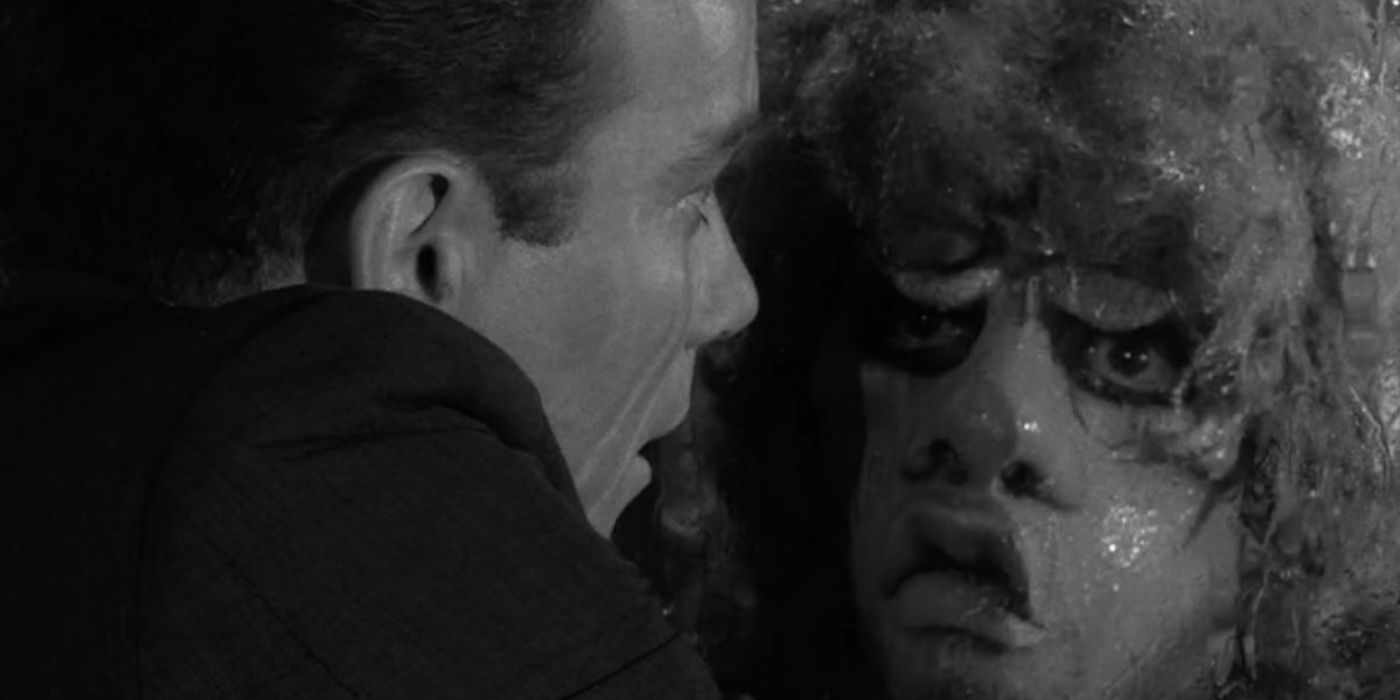
If only Superman had been around to stop the Gremlin on that wing, in this classic Richard Donner episode. It was written by famed author Richard Matheson, who flawlessly isolates and tortures his protagonist. It is horror of the highest order. A man who has recently recovered from a nervous breakdown is trapped on a plane with a monster outside. It is a truly nightmarish situation because we know of the impending doom all the while. And yet, we can’t help but question the reliability of the protagonist ourselves. It is our nature to doubt such things, because complacency and inaction are so much easier. And entertaining the impossible would cast uncomfortable doubt upon ourselves, and our beliefs. The story expertly explores paranoia, blind skepticism, sanity, and paranormal phenomena.
